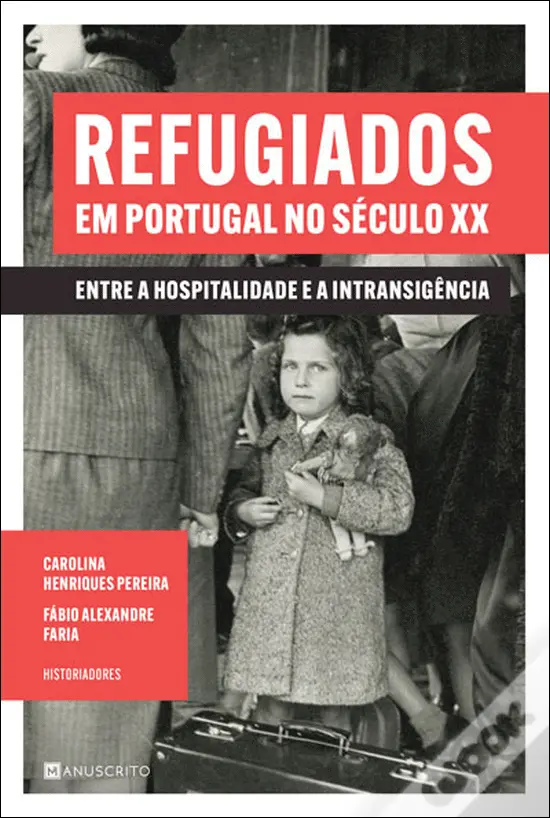
Refugiados em Portugal no Século XX

Pereira, C. H. ; Faria, F. A. (2024). Refugiados em Portugal no século XX: entre a hospitalidade e a intransigência. Manuscrito. 238 pp.
Abstract
Large-scale military conflicts, such as the First World War, the Spanish Civil War, and the Second World War, as well as the rise of authoritarian regimes in Europe, forced millions of people to leave their countries and seek refuge in other states. Despite being a small and peripheral country, Portugal played a central role in the history of refugees during the 20th century. However, the reactions and attitudes of Portuguese governments and the population varied depending on the regime in place (Constitutional Monarchy, First Republic, Military Dictatorship, and Estado Novo), the international context, or the composition of the waves of refugees. Prioritizing order and security above all, Portugal showed openness and hospitality when it perceived that refugees posed no threat. Conversely, it adopted a more inflexible, restrictive, and repressive stance whenever it considered refugees to be a danger to the regime or the country. In this exploration of a past that remains strikingly relevant, historians Carolina Henriques Pereira and Fábio Alexandre Faria reveal how Portugal, between the 1900s and the 1970s, served as a beacon of hope for thousands of war-displaced individuals and refugees—though not always with widespread hospitality.
CHSC library reference: 25-6-12